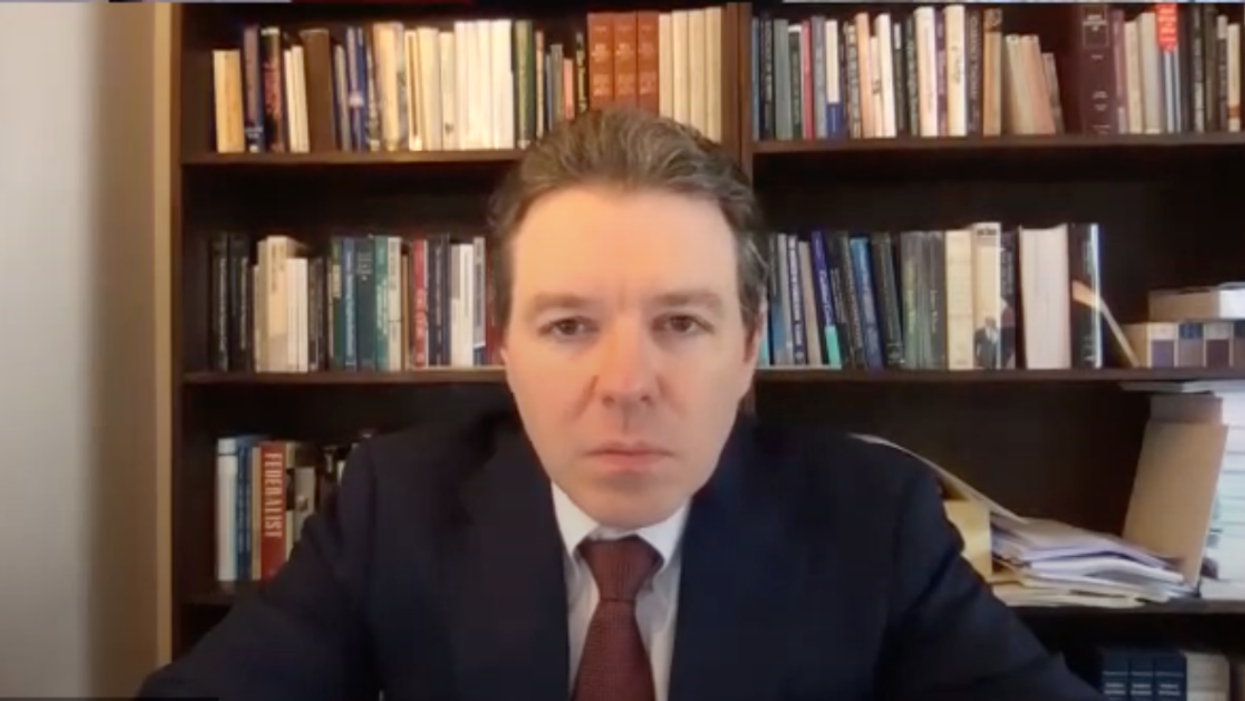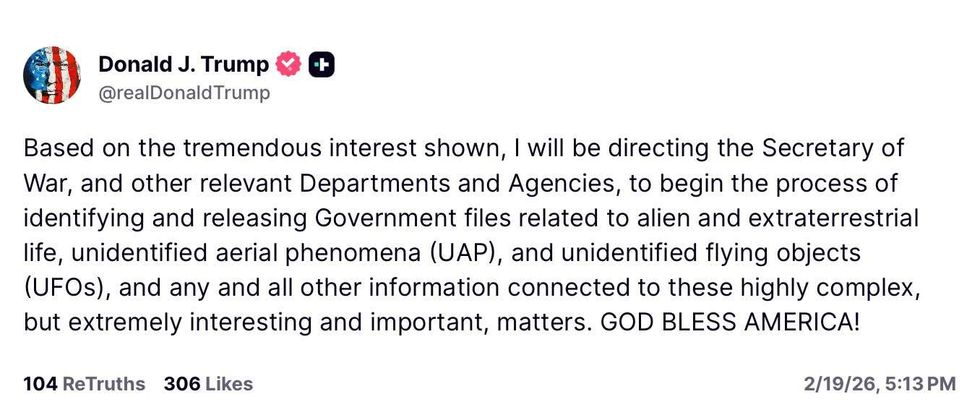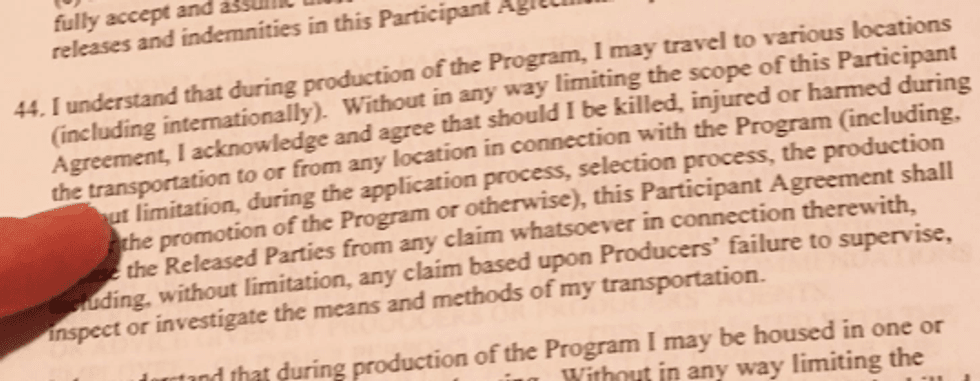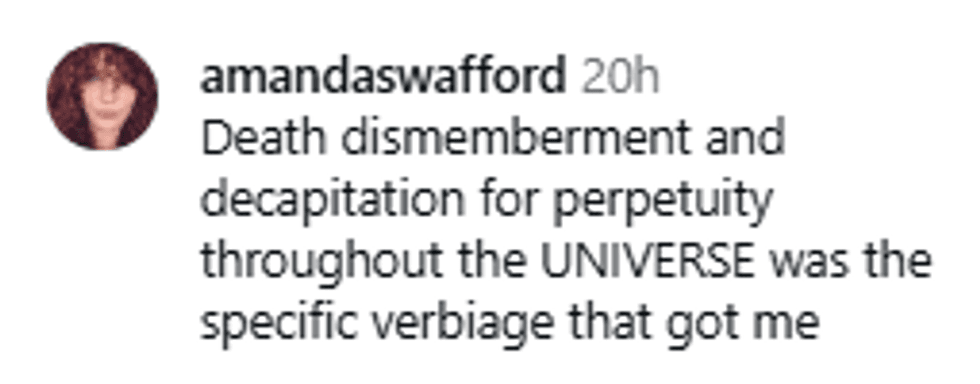There has been significant controversy around a recent near-total abortion ban in Texas, and its architect is now back in the news for targeting gay sex and gay marriage.
The law in question went into effect after the Supreme Court voted 5-4 not to block its implementation, saying abortion providers had not met the burden required for a stay of the law.
It prohibits virtually all abortions after a heartbeat is detected, which is typically after six weeks of pregnancy and empowers citizens to file lawsuits against abortion providers suspected of violating the new policy.
The law, referred to as a "fetal heartbeat bill," would also allow citizens to file lawsuits against abortion providers suspected of violating the new policy.
Now, news outlets report that Jonathan Mitchell, the former Texas solicitor general considered the abortion law's architect, wrote an amicus brief to the United States Supreme Court ahead of its ruling on Dobbs v. Jackson Women's Health, a Mississippi case limiting abortion to 15 weeks.
The case has alarmed abortion providers and women's rights advocates who fear it could lead to an overturning of Roe v. Wade, the landmark Supreme Court decision that protects a pregnant woman's right to choose reproductive healthcare without excessive government restriction.
Though Mitchell's brief, also signed by his co-counsel Adam Mortara, dedicates much of its time to the Texas abortion law's defense, it also questions "lawless" pieces of legislation, namely the Lawrence v. Texas ruling, which decriminalized gay sex nationwide, and the Obergefell v. Hodges ruling, which legalized same-sex marriage.
Though the brief does not say reversing Roe v. Wade would threaten the same-sex marriage ruling, it does say that
""the news is not as good for those who hope to preserve the court-invented rights to homosexual behavior and same-sex marriage …
"These 'rights,' like the right to abortion from Roe, are judicial concoctions, and there is no other source of law that can be invoked to salvage their existence."
It goes on to add that while the Supreme Court should not necessarily overturn Lawrence and Obergefell, it should consider these two rulings as "lawless" as Roe v. Wade and, by extension, Planned Parenthood v. Casey.
"This is not to say that the Court should announce the overruling of Lawrence and Obergefell if it decides to overrule Roe and Casey in this case."
"But neither should the Court hesitate to write an opinion that leaves those decisions hanging by a thread. Lawrence and Obergefell, while far less hazardous to human life, are as lawless as Roe."
The brief drew the attention of Melissa Murray, who teaches at New York University's School of Law.
After reviewing it, she said she believes "the long-term plan is to overturn all of these decisions."
The brief quickly went viral, and many concurred with Murray's assessment.
Mitchell, who previously clerked for the late conservative Supreme Court Justice Antonin Scalia, was recently profiled in The New York Times, which described him as a critical face in the newest phase of the anti-abortion movement.
"Instead of focusing on stacking the courts with anti-abortion judges, trying to change public opinion or pass largely symbolic bills in state legislatures, Mr. Mitchell has spent the last seven years honing a largely below-the-radar strategy of writing laws deliberately devised to make it much more difficult for the judicial system — particularly the Supreme Court — to thwart them, according to interviews."
Mitchell's approach has drawn heavy criticisms that it seeks to evade the process of judicial review, which is the power of courts to decide the validity of acts of the legislative and executive branches of government.








 @realDonaldTrump/Truth Social
@realDonaldTrump/Truth Social







 @gutterutterart/Instagram
@gutterutterart/Instagram @gutterutterart/Instagram
@gutterutterart/Instagram @gutterutterart/Instagram
@gutterutterart/Instagram @gutterutterart/Instagram
@gutterutterart/Instagram @gutterutterart/Instagram
@gutterutterart/Instagram @gutterutterart/Instagram
@gutterutterart/Instagram @gutterutterart/Instagram
@gutterutterart/Instagram @gutterutterart/Instagram
@gutterutterart/Instagram @gutterutterart/Instagram
@gutterutterart/Instagram @gutterutterart/Instagram
@gutterutterart/Instagram @gutterutterart/Instagram
@gutterutterart/Instagram